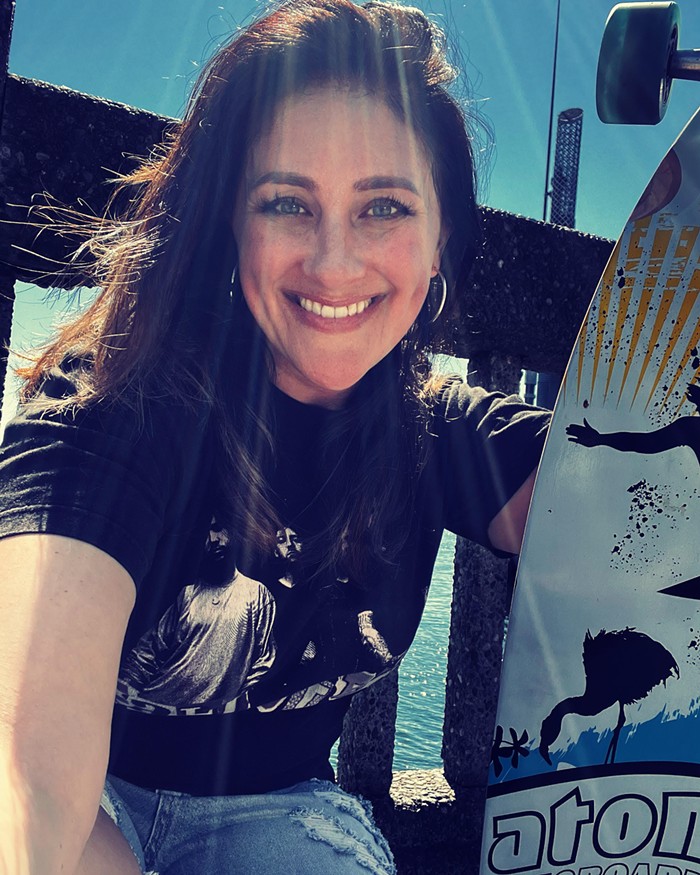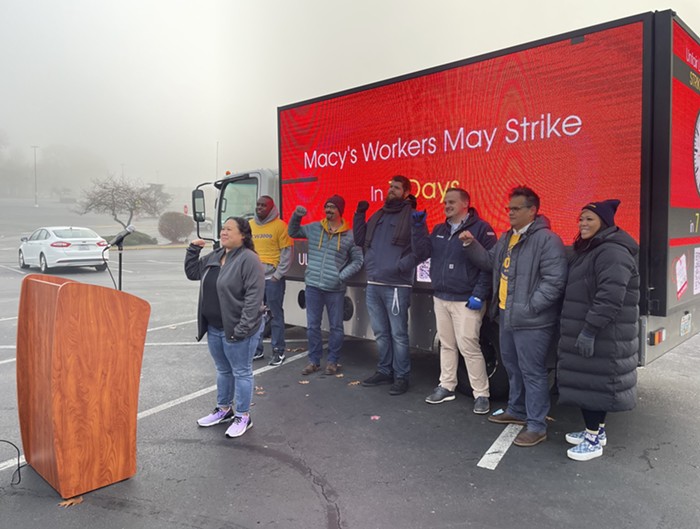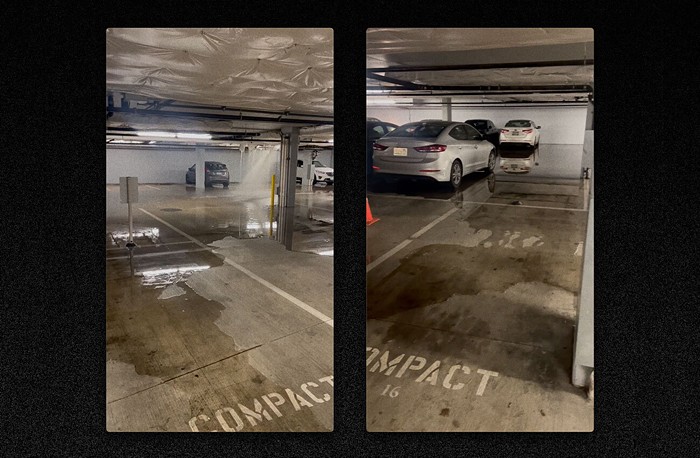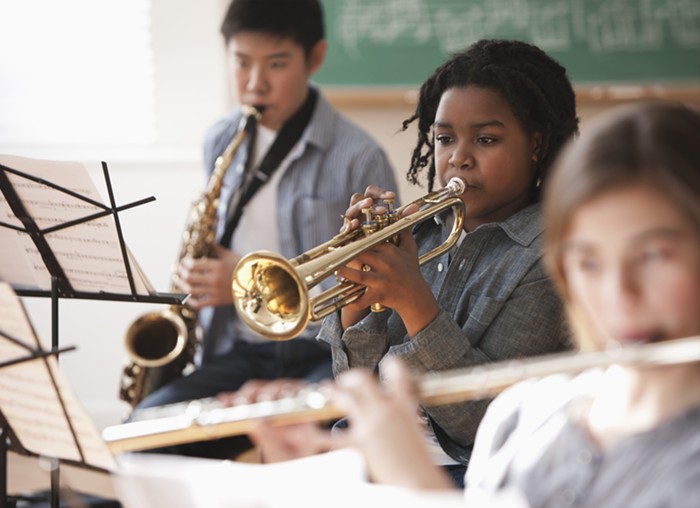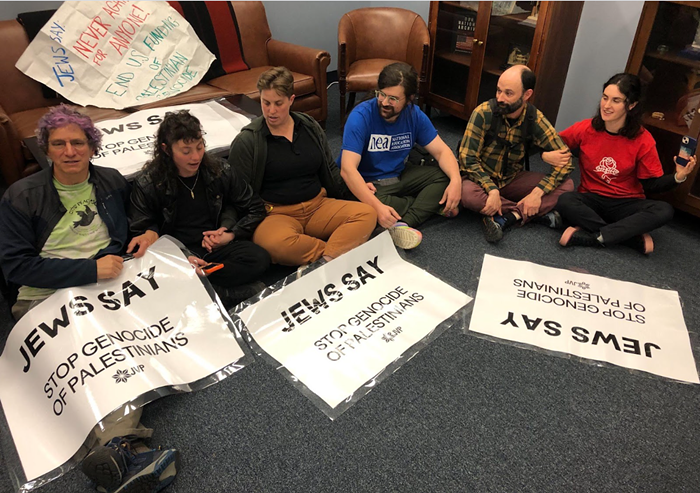When I first heard that my voting rights had been restored, I wasn’t sure if the news was true. When you’ve been incarcerated for nearly two decades, your digital literacy tends to be a little rusty. Additionally, although we try, it’s hard to be hopeful inside. There’s so much disappointment, and there will often be stipulations that leave some of us out.
In this case however, I was not left out.
Right after I returned home to Seattle, my friend called to tell me about a bill her sister had sponsored. Her sister happens to be Representative Tarra Simmons, who is believed to be the first formerly incarcerated state legislator in the US. Her bill changed the law in Washington so that our voting rights are restored automatically when we leave prison and can no longer be taken away because of court debt. This legislation returned a voice to more than 20,000 people like me who remain on community supervision. I got out in January, and immediately registered to vote in the 2022 elections.
I was young when I went to prison. I spent my 20s and 30s there, so most of my growth and maturing happened there. It’s odd getting out as an adult. There’s a steep learning curve to figuring out how expensive life is, applying for housing, and living an adult life. Most people don’t know my history, and I’m constantly thinking about my backstory and how to explain things to the 18-to-20-year-olds in my classes at the University of Washington. Seattle is not as progressive of a place for people with my lived experience.
Education was always a big deal for me, including while I was incarcerated. I co-founded the Freedom of Education Project Puget Sound, which allowed many of us to get our degrees while behind bars. I was able to attend a college-level government class, and we had access to CNN in our free time.
There we were, listening to all the news, talking about governmental powers, and learning about bills and politicians. We even collectively wrote our own prison reform bill.
But what power did we have besides suggesting a bill? We could have the best ideas, but we had no power to create the change we wanted. In those moments, I really felt as if I had no agency.
I have been interested in politics for a long time, but as a person with a felony, I have never been able to participate in the election process. Losing your freedom means that people are always making decisions for you, and you don’t have a say. It happens both in your personal life and on a larger political scale.
I got deeper into politics in prison partly because the prison and legal system showed me exactly how many decisions were being made for me. A lot of things that I thought were static entities were actually constantly changing. It was exciting but also frustrating because it was hard to educate myself about something while being just a spectator.
We don’t think about how much we pay for a soda tab, how much we pay for rent, or what kinds of benefits we have at work, but we are subject to those things. We have been working to lower the costs of being on supervision, get more money invested in reentry programming, and change sentencing laws, but we often watch these proposals fizzle out. Voting means having a right to decide these things. It means we are not a cog in a machine.
Keeping us from voting was just another way to exclude our population, to make us continue to be a subject of the legal system. I have friends who have lifetime sentences of community supervision who thought they would never get out of the system or vote again.
If you have been impacted by our legal system, please join me by registering to vote, voting in the November election, and spreading the word. Now, it’s a matter of import. Now, my voice is actually going to matter.
Alyssa Knight is co-founder of the Freedom Education Project Puget Sound, a student at UW, and an activist with the WA Voting Rights Restoration Coalition and Seattle Clemency Project.
